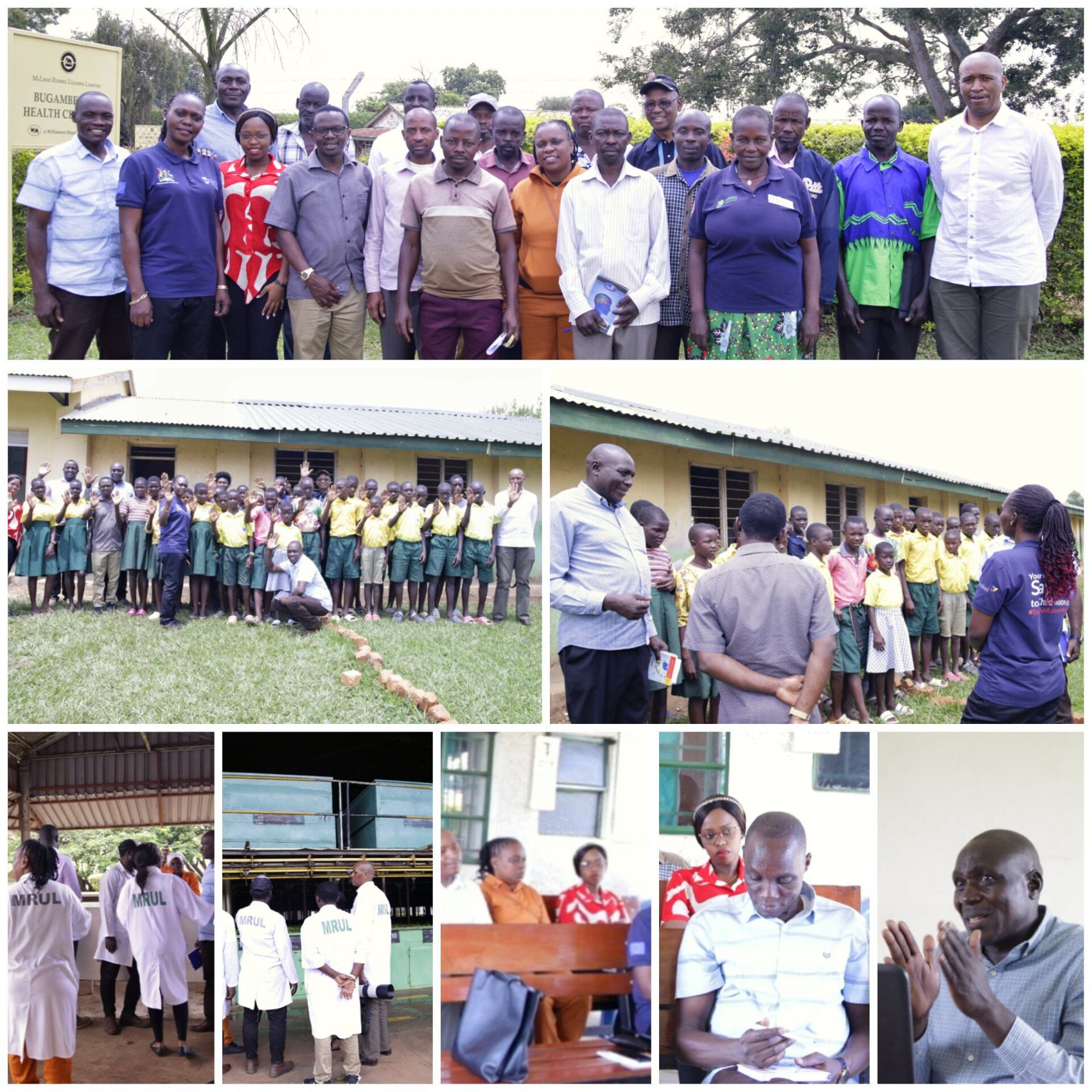
Child labour is not just a social issue—it’s an economic one. The Federation of Kenya Employers (FKE), as Kenya’s leading employers’ body, recognizes its damaging impact on both the future workforce and national productivity. When children are forced into labour instead of attending school, the result is widespread truancy, school dropouts, and diminished skills development—ultimately weakening Kenya’s human capital.
This challenge is particularly evident in the tea and coffee sectors, where child labour has hurt the quality and global competitiveness of Kenyan exports, with some products being downgraded or rejected outright in international markets.
FKE maintains that a child’s rightful place is in school. In collaboration with the International Labour Organization (ILO) and the Federation of Uganda Employers (FUE), FKE recently undertook a learning mission to Uganda to study the ACCEL Africa Project—an initiative successfully implemented by FUE to eliminate child labour in supply chains.
During the visit, the FKE team met with FUE and visited McLeod Russel Uganda Limited in Hoima, where the project’s first phase was implemented. They observed increased school enrolment and growing community awareness about the consequences of child labour—not just on children’s rights, but also on long-term economic development.
These learnings will inform FKE’s upcoming ACCEL initiative in Kenya, focusing on the tea and coffee sectors. FKE is confident that, beyond protecting children’s rights, the initiative will help build sustainable, child-labour-free value chains and restore global confidence in Kenya’s agricultural exports.